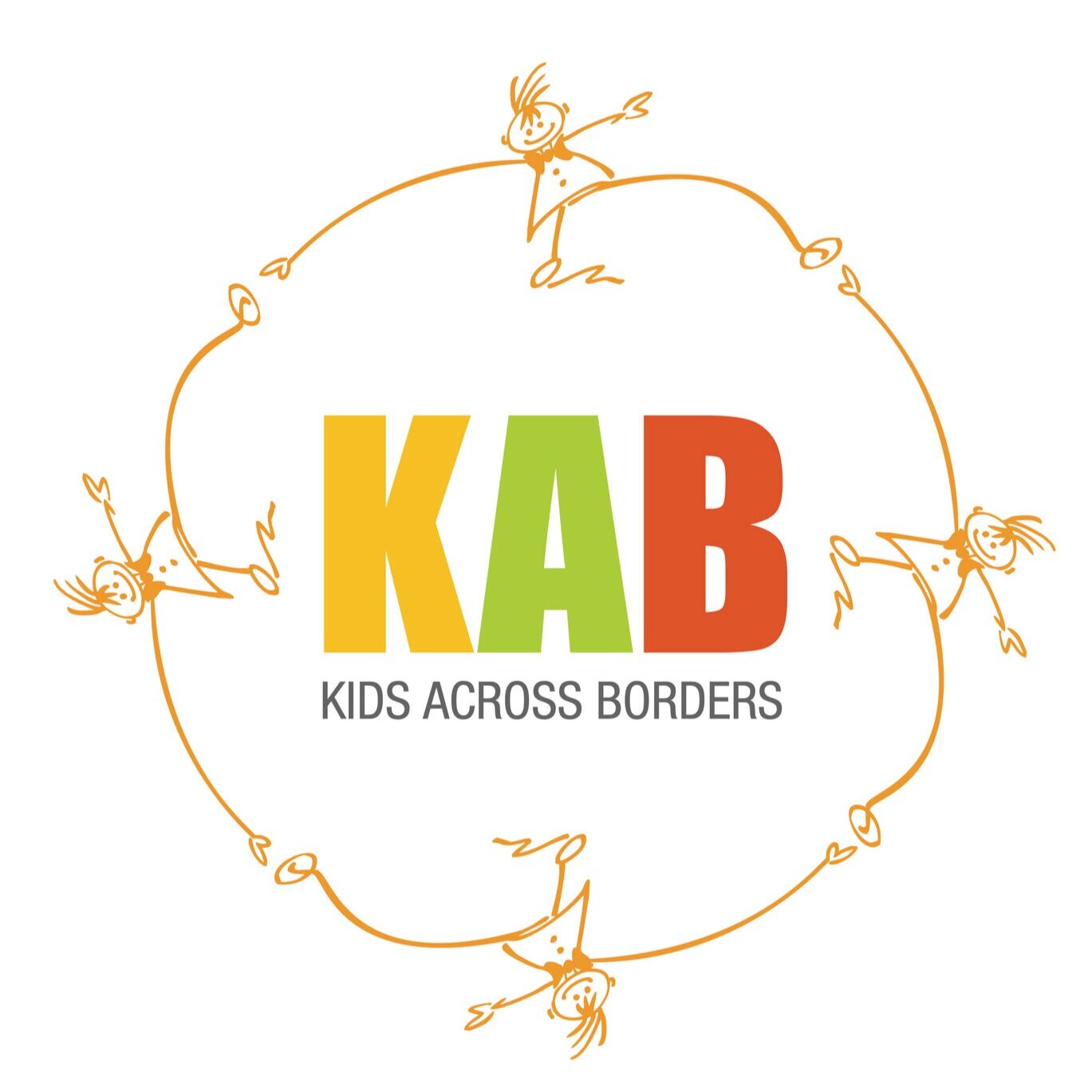Sustainability
“Surely we have a responsibility to leave for future generations a planet that is healthy and habitable by all species.”
David Attenborough
Sustainable development is defined as development that meets the needs of the present without compromising the ability of future generations to meet their own needs ( Brundtland Commission 1987).
Sustainable development consists of four dimensions: environment, society, culture and economy - the well-being of which is intertwined. Economic, social, cultural and environmental considerations have to be integrated to address issues of poverty, equity, quality of life, and global environmental protection. Sustainability is a way of thinking about a future in which environmental, societal, cultural and economic considerations are balanced in the pursuit of development and improved quality of life.
Another way to understand sustainable development is to consider the components to be overlapping circles of the same size, the area of overlap in the center is human well-being. As the environment, society, culture and economy become more aligned, the area of overlap increases, and so does human well-being (McKeown, R. ESD Toolkit, 2002:9).
What is Education for Sustainability?
Education is the key to sustainability. Education for Sustainability is about learning how to make decisions that consider the long-term future of the economy, ecology and equity of all communities.
As defined by the Australian Curriculum, Assessment and Reporting Authority:
“Education for sustainability develops the knowledge, skills, values and world-views necessary for people to act in ways that contribute to more sustainable patterns of living. It enables individuals and communities to reflect on ways of interpreting and engaging with the world. Sustainability education is futures-oriented, focusing on protecting environments and creating a more ecologically and socially just world through informed action. Actions that support more sustainable patterns of living require consideration of environmental, social, cultural and economic systems and their interdependence.
Education for Sustainability is fundamentally about values, with respect at the centre: respect for others, for difference and diversity, for the environment and for the resources of the planet we inhabit.
Kids Across Borders uses some of the core principles and concepts of Education for Sustainability to structure the program and guide students learning. These are organised into Learning Areas with lesson plans attached.


